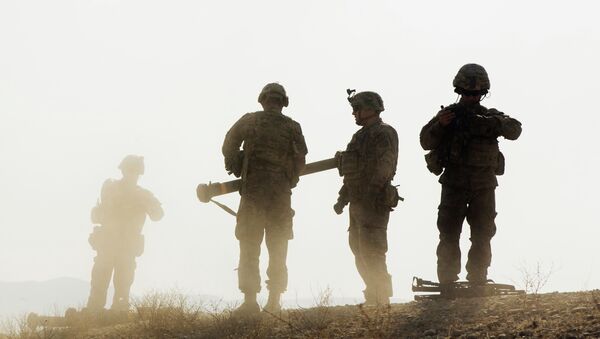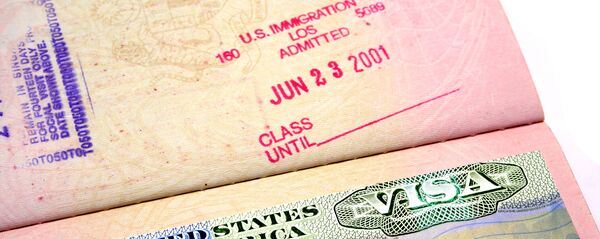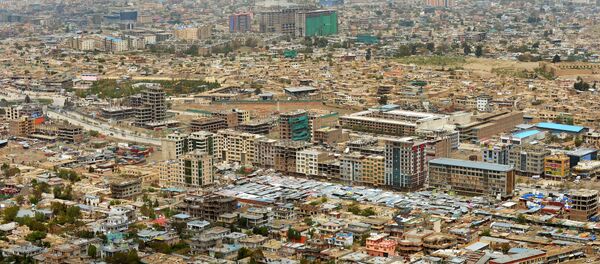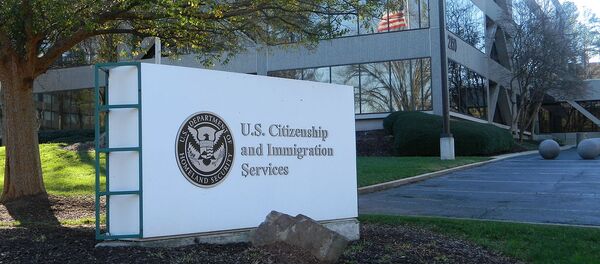The State Department issued a statement on Thursday claiming that it would run out of visas by June 1, and "No further interviews for Afghan principal applicants… will be scheduled after March 1, 2017."
The visas are part of the Special Immigrant Visa program, meant to reward Iraqis and Afghans who assisted the US during military action, as well as spouses and children of these individuals.
Senator Jeanne Shaheen, D-NH, said that it is imperative to renew the visa program to show the United States' continued support to its Afghan allies. "It's both a moral and practical imperative that Congress right this wrong immediately," Shaheen said in a statement, adding that over 10,000 applicants are still in the process of obtaining visas.
Last year, Shaheen and Republican Senator John McCain unsuccessfully tried to pass legislation that would extend a special immigrant visa program for Afghans who assisted US forces. The bill would have expanded the program to 4,000 additional Afghans.
The legislation was sponsored by the Obama White House, but was defeated in the Senate when it was revealed that the program's price tag was $446 million. Chief among its opponents were Republicans Jeff Sessions (now the Attorney General) and Charles Grassley. "We just need to be careful about this," said Sessions in May. "Just because you've got applicants doesn't mean every one of them is deserving of acceptance."
One translator, speaking to Reuters under the condition of anonymity, said that those who work with coalition forces may have their families threatened by the Taliban. "I cannot go to my home and it has been two years now," he said. "If they don't give us a visa, we will be killed or in big trouble, especially once foreigners leave Afghanistan."
Shaheen's statement in co-sponsoring the program expansion corroborates this sentiment. "It is no exaggeration to say that this is a matter of life and death as Afghans who served the US mission continue to be systematically hunted down by the Taliban. The number of visas needed for those in danger far surpasses what's provided in this bill."
The National Defense Authorization Act for Fiscal Year 2017, signed into law in late December 2016, added 1,500 visas to the program but also narrowed eligibility in the program to those whose jobs took them off the confines of coalition military bases or embassies.
Since the 2009 Afghan Allies Protection Act, over 13,000 visas have been issued under the program. Less than 1,500 visas remain. Humans rights groups such as Human Rights First have claimed that the United States has an obligation to continue the program. "This is a betrayal of the brave men and women who stood by the side of US armed forces in the face of great personal risk," said spokesman Scott Cooper in a statement. "We need to act now to ensure America keeps its promise to those allies."
The program has been previously attacked for being overly bureaucratic, inefficient, and lengthy. State department sources report that most applicants need at least five years for their applications to process, as they must acquire letters of recommendation from US military or government officials, among other restrictions.







